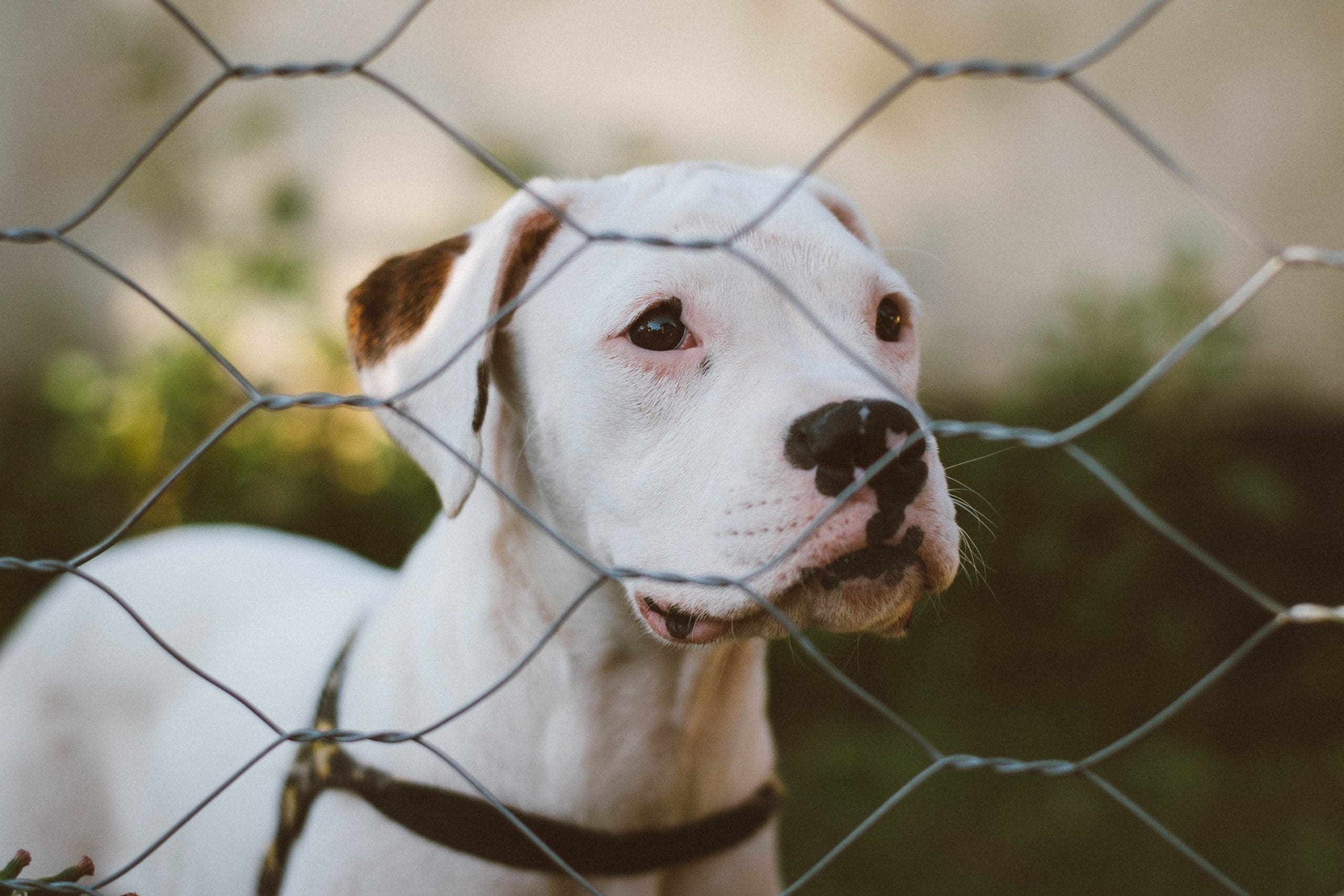It’s common for new puppy owners to worry when their little companion refuses to eat. This concern can be distressing, especially after selecting what seems like the perfect food. Unpacking the reasons behind a puppy’s reluctance to eat is crucial for any dog owner.
Fluctuations in Appetite
Like humans, puppies can experience changes in their appetite. A sudden shift in eating habits can be alarming, but various factors may contribute to this behavior. Adjusting to a new environment can be overwhelming for puppies. Being away from their littermates and navigating their new home can create stress, leading to hesitance when it comes to food.
Food Preferences Matter
The type of food offered can significantly impact a puppy’s willingness to eat. Puppies have unique dietary needs, and it’s essential to provide high-quality food designed for their growth. If there’s been a recent switch in brands or types, your puppy might not enjoy the new taste or texture. Some puppies are picky eaters and might prefer the flavor of their previous food. Gradually mixing the old food with the new can help with this transition.
Health Considerations
Health issues can play a significant role in a puppy’s appetite. If your puppy appears unwell, it may lose interest in food. Common health problems such as dental issues, gastrointestinal discomfort, or infections can hinder a puppy’s ability to eat. If your puppy hasn’t eaten for more than a day or shows concerning symptoms like lethargy or vomiting, prompt veterinary consultation is essential.
The Importance of the Feeding Environment
The environment in which a puppy eats can also affect its willingness to eat. Puppies are sensitive to their surroundings, and a noisy or chaotic area may make them anxious. Creating a calm, quiet space for feeding can help alleviate stress and encourage your puppy to enjoy its meals. A designated feeding area away from distractions can foster a sense of safety and relaxation.
Establishing a Routine
Routine plays a vital role in a puppy’s eating habits. A consistent feeding schedule helps puppies know when to expect their meals, providing a sense of security. Feeding irregularly can confuse a puppy about mealtime expectations. Aim for a regular schedule, offering meals at the same times each day to instill predictability.
Addressing Behavioral Issues
Sometimes, behavioral issues contribute to a puppy’s lack of interest in food. Puppies are naturally curious and often distracted by their surroundings; they may forget to eat if they are too engaged in play or exploration. Monitoring your puppy during mealtime ensures it can focus on its food without distractions. Engaging in playtime before meals can help settle an energetic puppy.
Overfeeding and Treats
Overfeeding or offering too many treats can lead to disinterest in regular meals. Puppies can easily fill up on snacks, so ensure you’re providing the appropriate amount of food for their age and size. Limiting treats throughout the day can help maintain appetite for mealtime.
Managing Stress and Anxiety
Puppies can experience stress or anxiety for various reasons, such as changes in the household. If your puppy is anxious, it may not feel comfortable enough to eat. Providing a safe space and ensuring it feels secure is crucial. Calming aids or soothing activities, like gentle petting, can help ease anxiety.
Growth and Age Factors
Age influences a puppy’s eating habits, particularly for those under six months. Their appetites can be unpredictable during this phase, and patience is key. Monitoring overall health and behavior is essential, and consulting a veterinarian is advisable if disinterest in food persists.
Past Experiences in Rescued Puppies
For rescue puppies or those from shelters, previous experiences of food insecurity can lead to hesitance around food. Establishing trust and providing a stable feeding environment is crucial. Gradually offering food and allowing your puppy to eat at its own pace can help build confidence. Avoid forcing your puppy to eat, as this can create negative associations with mealtime.
Hydration Matters
Hydration is equally important. Puppies may refuse to eat if they are dehydrated. Always provide access to fresh, clean water. If your puppy seems reluctant to eat but drinks well, monitor the situation. However, if signs of dehydration appear, such as lethargy or dry gums, veterinary attention is necessary.
Experimenting with Food Choices
If health issues and environmental factors have been ruled out, consider experimenting with different food types. Some puppies may prefer wet food over dry kibble or vice versa. Trying various flavors can also help discover what your puppy enjoys most. Transitioning between foods should be done gradually to avoid gastrointestinal upset.
The Role of Socialization
Socialization plays an important role in a puppy’s development. Engaging with other dogs can stimulate appetite. Puppies learn from their peers, and seeing another dog happily eat can encourage them to join in. Organizing playdates or visits to the dog park can create positive experiences that help your puppy feel more comfortable with food.
Seeking Professional Help
If your puppy continues to refuse food despite your best efforts, consulting a professional dog trainer or behaviorist may be necessary. They can provide specialized advice tailored to your puppy’s specific needs. Behavioral issues sometimes require expert intervention, and seeking help is a proactive step in ensuring your puppy’s well-being.
Patience and Observation
Throughout this process, patience and keen observation are vital. Every puppy is unique, and understanding individual needs will help find the right solution. Being attuned to your puppy’s behavior and health not only addresses the current issue but also fosters a strong and trusting relationship.
Seeing your puppy refuse to eat can be concerning, but it’s often a temporary phase that can be managed with time and care. By creating a positive feeding environment, establishing routines, and prioritizing your puppy’s health, you can help your furry friend develop a healthy relationship with food. If uncertainty arises, seeking veterinary advice remains a prudent choice. Your puppy’s well-being is paramount, and with your support, it will learn to enjoy its meals again.



